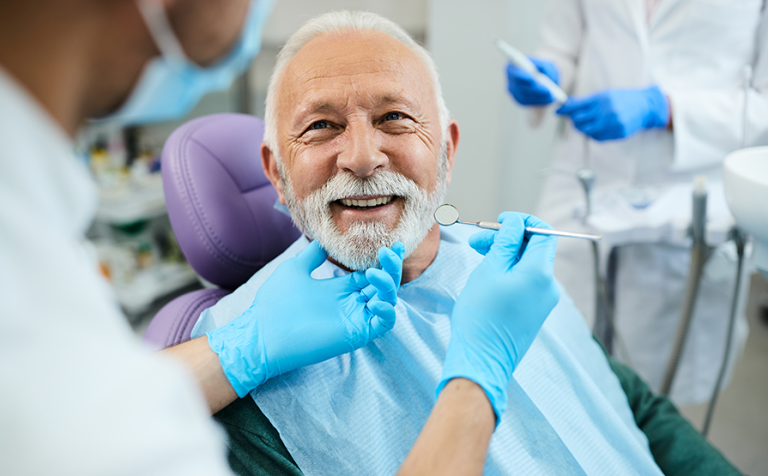Good oral health is important to any individual but comes first to the aged. As one grows in age, the teeth and gums of individuals begin to develop susceptibility to issues such as cavities and gum infection, as well as the loss of teeth. Even in old age, maintaining dental care properly can be the difference between staying in good health and wellbeing.
You can also speak to a family dentist in Upper East Side, New York to get guidance about your elderly people.
Why Dental Health Care is Important For Elder People?
As the years pass, the requirements and dangers in the oral field change dramatically. It is actually a fact that older persons require better oral hygiene much more critically so as to prevent severe problems and live adequately and with a good quality of life.
The major oral health problems in elderly people are as follows:
- Gum Disease: The risk of gum disease is also associated with aging, which is also called periodontal disease. If gum disease remains untreated, it causes the destruction of many teeth and causes serious harm to various body parts. Receding gums and low saliva flow constitute a lot of risk in older adults who also have weak immune systems.
- Tooth Loss: Tooth loss is a significant concern for most older adults. Contributing risk factors to potential causes such as periodontal disease or caries include trauma, cancer therapy, and nutritional inadequacies that can accumulate over time to contribute to tooth loss.
- Oral Cancer: Oral cancer can be a possibility when aging is advanced. Routine dental check-ups should promote early detection and treatment of this potentially life-threatening condition.
Impacts on Overall Health
All of these dental health problems of the elderly will not only affect their mouths but, in many ways, have huge adverse impacts on their overall health and well-being:
- Greater Risk of Infection: Periodontal disease and infection of the tooth open the door to dangerous bacteria, which can enter through the bloodstream. This could potentially cause a worse systemic infection, particularly in frail persons.
- Diabetes Complications: Diabetes and gum disease are interrelated in two ways. Firstly, the presence of diabetes accelerates the condition of gum disease. Secondly, the severity of diabetes can worsen if one suffers from gum disease.
- Cardiovascular Diseases: Periodontal disease has been linked to an increased risk of heart disease and stroke or other cardiovascular diseases. It may indirectly boost inflammation that causes these diseases.
- Risk for Pneumonia: Oral infection due to bacteria might cause aspiration and could potentially cause a risk of pneumonia, especially in frail elderly.
In case restoration fails, the quality of life for frail older persons is compromised, for instance, with the ability to suffer eating without pain, speak intelligibly, or smile openly when some teeth now missing must be extracted and fail; when there is strong, painful chewing during eating and when unattractive dentures make someone hide their smile.
How to Guide Elder People About Taking Care of Their Dental Health?
The best way to help elderly family members or friends take care of their teeth is to have open conversations about it. Encourage them to:
- See a dentist regularly for checkups and cleanings
- Brush and floss their teeth daily
- Drink plenty of water to stay hydrated
- Eat a tooth-friendly diet low in sugary/acidic foods
- Quit smoking or using other tobacco products
Offer to help them make and get to dental appointments. You can also assist with daily brushing and flossing if needed.
Conclusion
Good oral hygiene habits begin with proper dental care, which can support the general well-being of elderly persons. And with proper dental care, aging can smile bright. Dental care is an important activity that should be part and parcel of daily activities for the elderly population and associated with health, comfort, and independence.


Comments are closed.